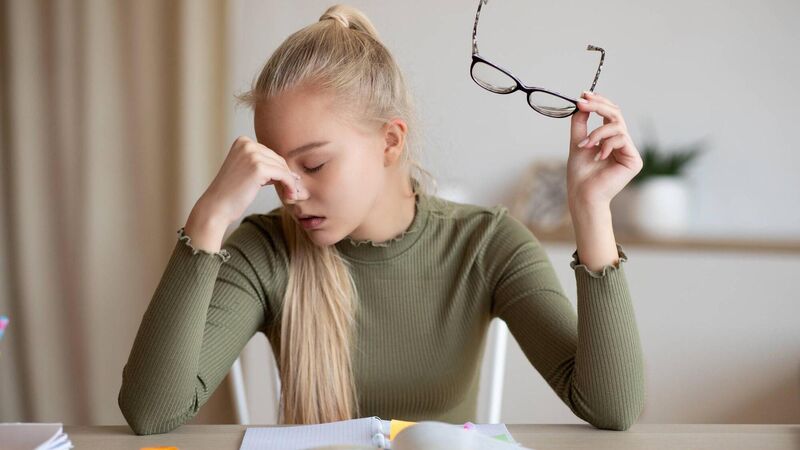Dr Phil Kieran: My Junior Cert child is suffering from eye strain — what could be the cause?

"For your daughter, I would encourage her to continue with the screen breaks she is already taking."
As we spend more time on screens, eye strain is becoming increasingly common. Eye strain, or asthenopia, is a collective term for symptoms such as pulling sensations in the eyes, difficulty focusing after reading, sensitivity to light, or a tendency to fall asleep after reading.










